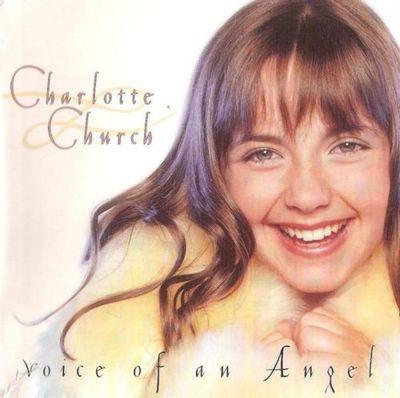Charlotte Church: From Prodigy to Advocate

Introduction
Charlotte Church, a name synonymous with vocal brilliance and heartfelt activism, has captivated audiences since her childhood. Rising to fame as a classical vocalist in the late 1990s, Church’s journey reveals not only her musical prowess but also her commitment to social issues. As the world continues to witness a shift in the entertainment landscape, Church remains a relevant figure, using her platform to champion causes she cares about.
A Musical Phenomenon
Born on February 21, 1986, in Cardiff, Wales, Charlotte Church was only 11 years old when she shot to fame with her debut album, “Voice of an Angel,” released in 1998. The album showcased her operatic skills and quickly became a commercial success, selling millions worldwide. Church’s unique blend of classical and pop music attracted a wide audience, establishing her as one of the youngest classical stars. Over the years, she released several successful albums, including “Charlotte Church” and “Tissues and Issues,” marking her evolution as an artist.
Transitioning to Activism
In recent years, Church’s focus has shifted towards activism and social issues. She has been an outspoken advocate for various causes, such as mental health awareness and children’s rights. In 2017, Church founded the “The Dreaming Concert,” an initiative aiming to provide opportunities for underprivileged children through music. Likewise, her criticism of the UK government’s policies, particularly regarding austerity measures, has further solidified her reputation as a public figure willing to speak truth to power. Her work aligns with a growing trend of artists using their platforms for social change.
Current Projects and Future Endeavours
As of 2023, Charlotte Church continues to explore new creative avenues. She has recently delved into the world of podcasting, launching her series that addresses significant cultural and political themes. This transition represents her ongoing commitment to engaging with her audience on deeper levels, moving beyond mere entertainment. Furthermore, Church’s involvement with various charitable organisations highlights her dedication to giving back to the community and advocating for those in need.
Conclusion
Charlotte Church’s transformation from a gifted child singer to a bold activist underscores the potential artists hold in shaping public discourse. Her journey reflects broader societal trends where entertainers are increasingly expected to take stances on critical issues. As she continues to engage in both music and activism, Charlotte Church serves as an inspiring example of how talent and social responsibility can intersect, encouraging audiences to think critically about the world around them.
